CortiCare Blog
CMS Physician Fee Schedule for Long-Term EEG – 2023 Update
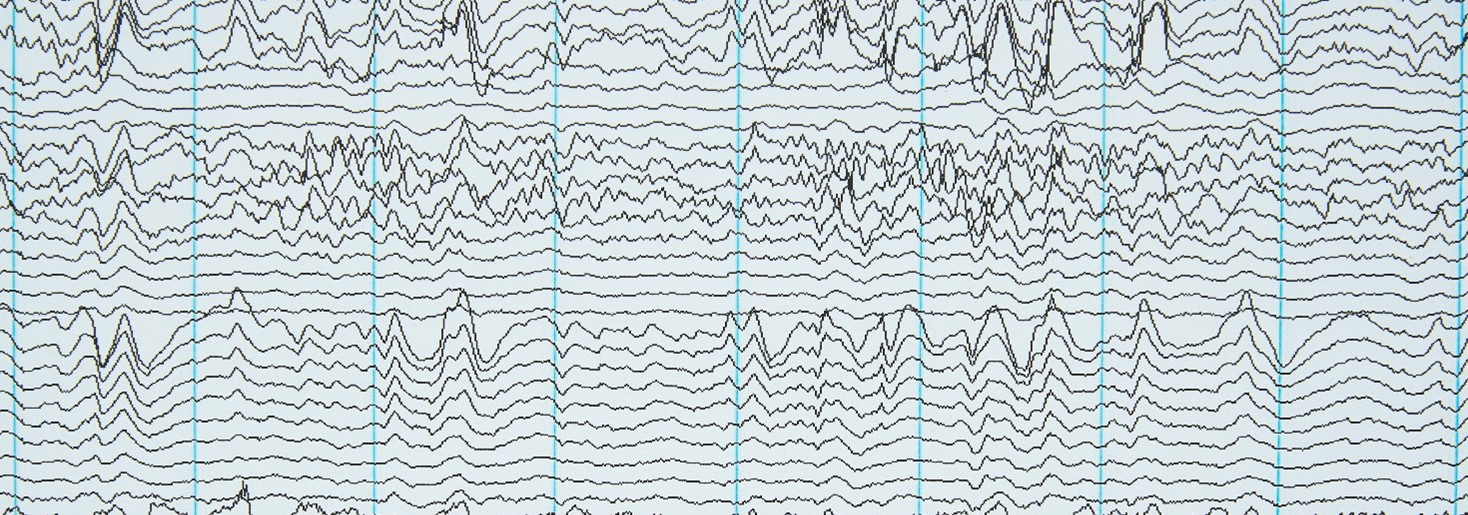
In November 2022 CMS published the Physician Fee Schedule for CY 2023 with a PFS Conversion Factor of $33.06. Congress revised this in December 2022 and modified the reduction from a 4.5% to a 2% cut from the 2022 rate. The conversion factor for 2023 is $33.8872.
Read MoreCortiCap Use Case – CEEG in the NICU
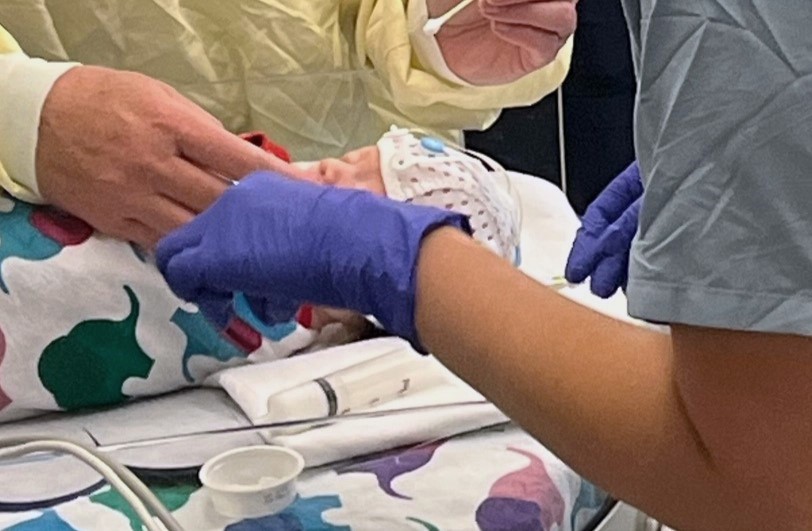
The Challenge Hypoxic-Ischemic Encephalopathy (HIE) is the leading cause of seizures in the neonate. Amplitude Integrated EEG (aiEEG) is often employed when EEG techs are not available. aiEEG traces can […]
Read MoreCortiCap Use Case – Children’s Hospital with Difficult Patient

The Challenge This may be a more common occurrence than recognized. At a children’s hospital, a young patient on the autism spectrum would not lie down or sit still for […]
Read MoreCortiCap Use Case – Need for a Late Shift EEG with No EEG Technologist Available
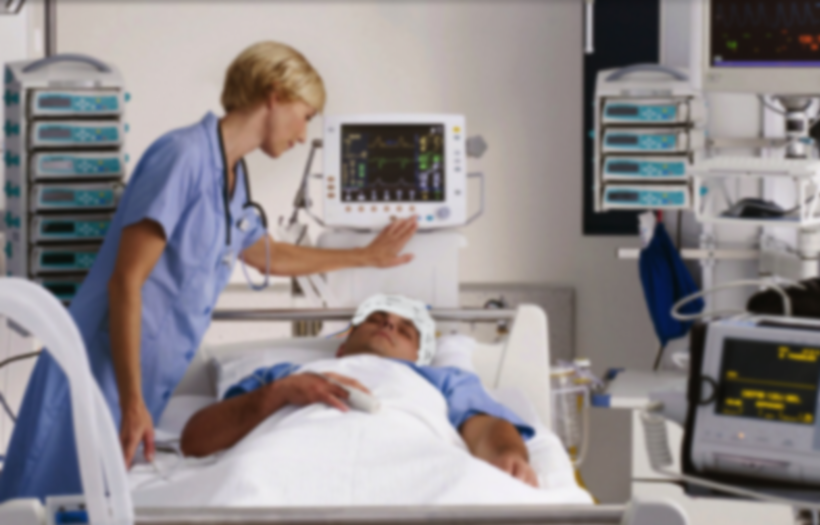
The Challenge: A common situation at hospitals nationwide is a growing demand to initiate EEG monitoring in Critical Care Units as quickly as possible at any time of the day. […]
Read MoreEEG – A Powerful and Often Overlooked Diagnostic Tool
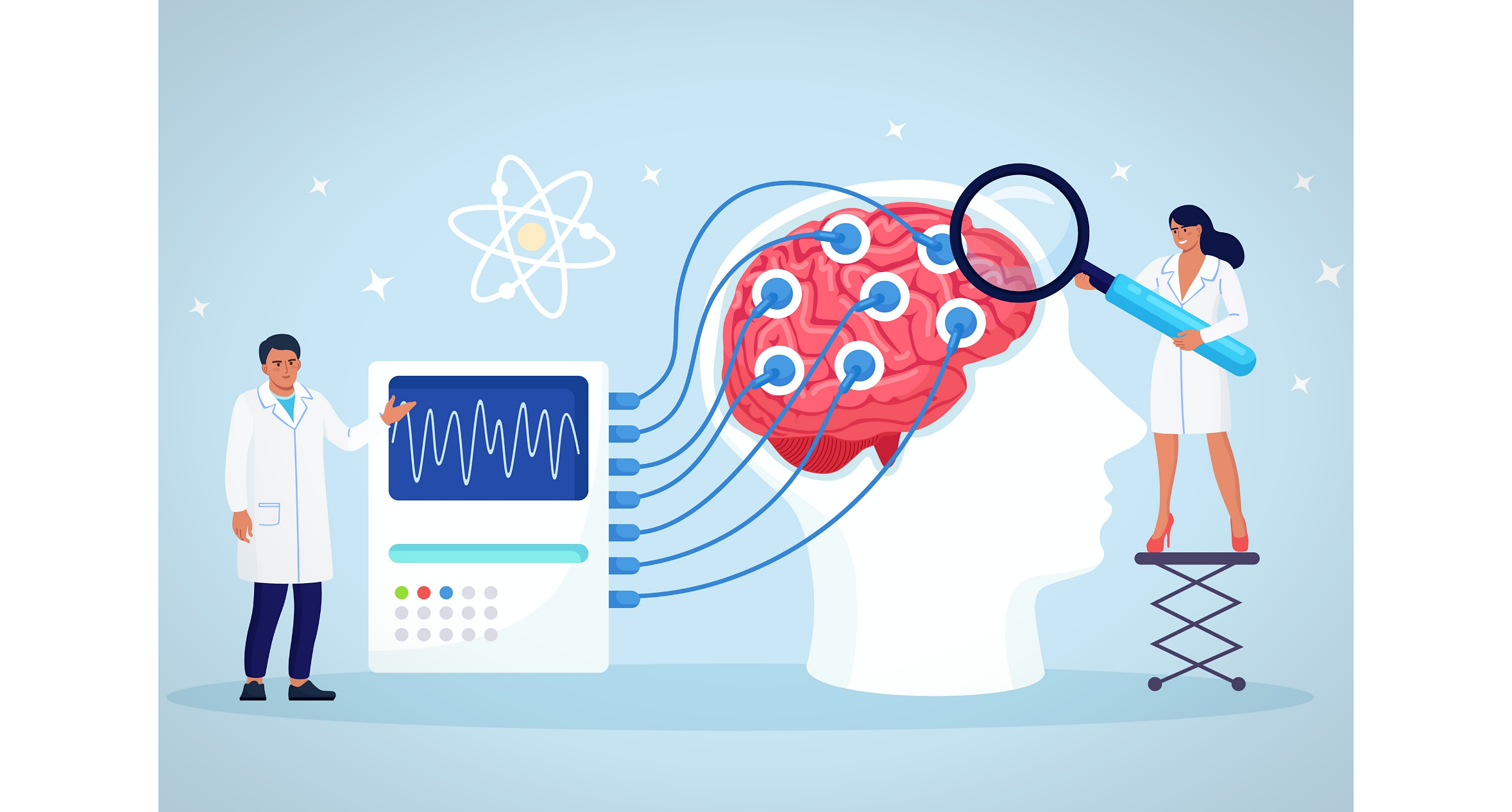
EEG tests and EEG monitoring are currently underused when it comes to identifying common diseases and performing neurological assessments in hospital patients, particularly in the United States and Canada. The expanded use of EEG can assist clinicians in making an accurate diagnosis, neurological assessment, or prognosis in patients.
Read MorePsychogenic Non-Epileptic Seizures: Common and Difficult to Diagnose

Psychogenic non-epileptic seizures are common and have a wide variety of symptoms, but can often be misdiagnosed and misunderstood.
Read MoreCortiCare awarded Ambulatory Care Accreditation from The Joint Commission
CortiCare is recognized for its commitment to quality patient care and has earned The Joint Commission’s Gold Seal of Approval®
Read MoreEEG in Therapeutic Hypothermia Following Global Ischemic Injury to the Brain

TH in the setting of global ischemic injury to the brain is a treatment that benefits from EEG monitoring in adult, pediatric, and neonatal patients.
Read MoreThe Utility of EEG in Clinical Trials
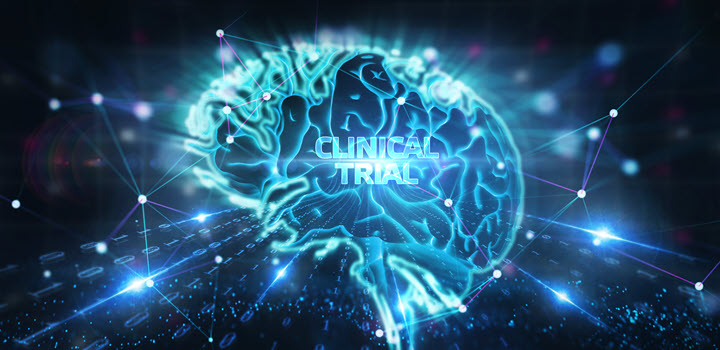
EEG plays an important role in inclusion/exclusion criteria for safety and efficacy evaluations and as biomarkers in clinical trials. Given the heterogeneity of understanding of the strengths and the limitations of EEG in this context, we provide a brief commentary to inform drug sponsors, contract research organizations, and academic partners on some of the questions to consider.
Read MoreCortiCare prepares for the challenges of 2021
Find out how CortiCare is evolving to meet the anticipated demand and market growth going forward into 2021 and beyond. A recent article in Healthcare Tech Outlook by Jeff Kuznia, […]
Read More